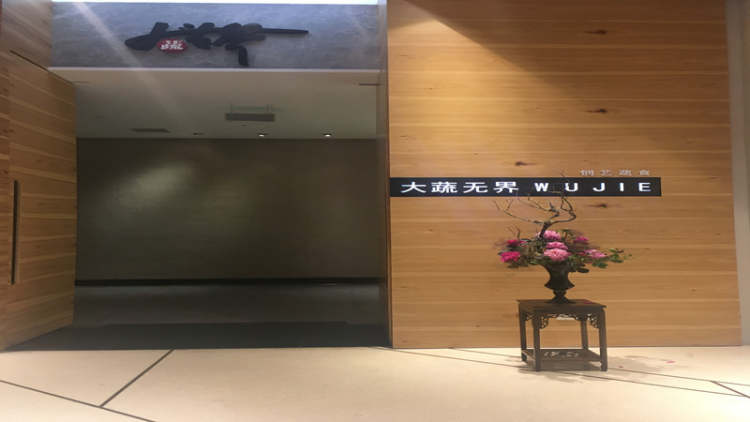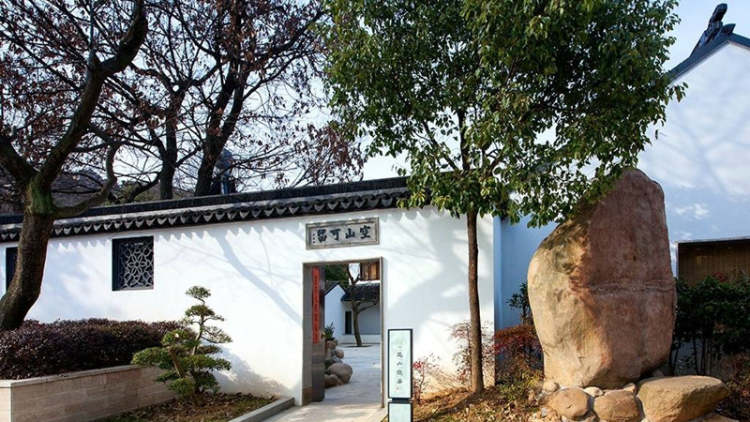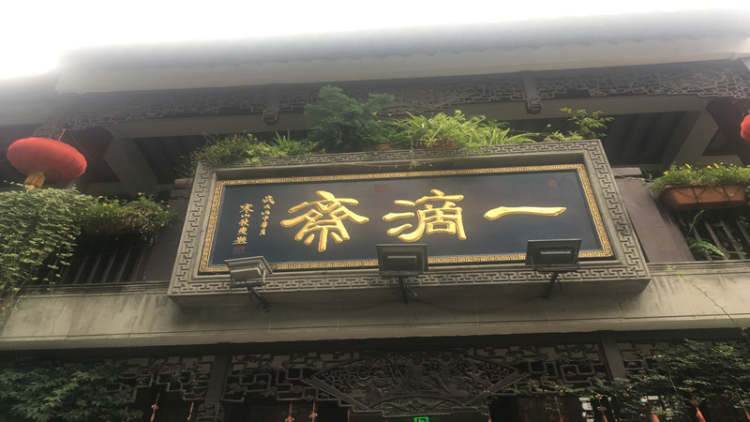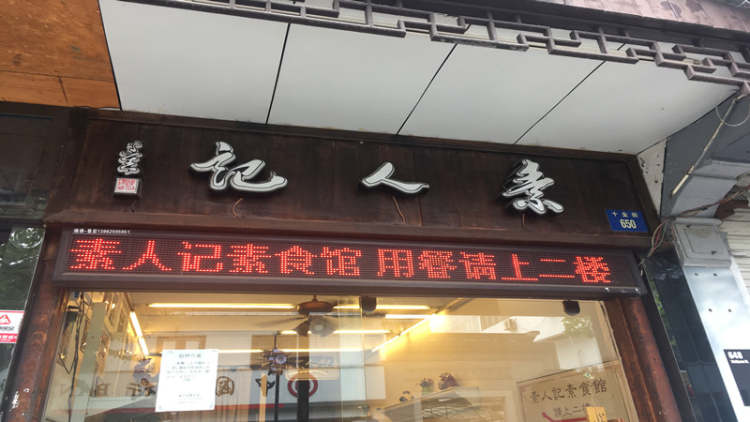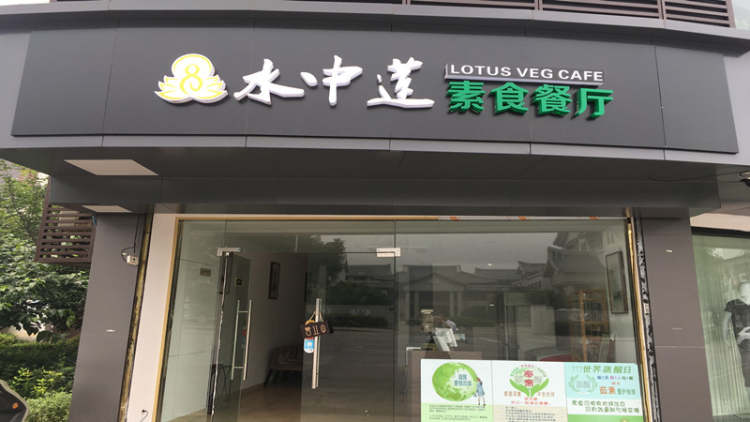Founded in 2011, the Bund and Meiguan restaurants in Shanghai were awarded one Michelin star in 2018, and several other branches have been shortlisted for the Michelin Bib Gourmand Food Recommendation several times. Located in Jinji Lake Eslite Life, the Suzhou store has been open for 3 years and is a representative of Suzhou's high-end vegetarian food.
The restaurant's current executive chef, Xu Dong, has been focusing on vegetarian food research and development for 10 years, and has mastered the food and cooking of different countries, so many of the dishes are borrowed from French, American, Japanese, Southeast Asian and other countries. Vegetables have been controlled within 50 dishes, of which 30 are classics throughout the year, and the remaining 10-20 dishes are seasonal dishes. The new time of the restaurant's dishes is linked to the 24 solar terms, and 10 new dishes are launched every year on the 8 solar terms of the beginning of spring, the stunning, the beginning of summer, the mango seed, the beginning of autumn, the white dew, the beginning of winter, and the heavy snow, and many dishes are named after the dishes with word cards or idioms, which is extremely poetic.
Among the classic dishes, the beaded curtain and the fried tofu have been two of the most popular dishes for diners. The bead blinds are made from sea grapes from Nha Trang, Vietnam, which are wrapped in strings around an iron fork and then impregnated with a chef's homemade mustard sauce to remove the fishy smell of sea grapes. The macerated sea grapes have a dark green and round appearance, crystal clear, and burst in the mouth with a gentle pressure on the tip of the tongue, the juice is sour and fresh, however, the bead curtain is delivered to the store at noon every day, and it is often served in the afternoon, if you want to taste this dish at noon, it is best to confirm with the store in advance. Filled with Fujian Gutian lion's mane mushrooms, and then wrapped in tofu coatings and fried with breadcrumbs, the store comes with tomato sauce, homemade salty sauce, and stir-fried peeled sesame seeds, so customers can also enjoy grinding sesame seeds before eating.
Among the new dishes launched in 2018, Juan Chun is from the spring menu, which uses thin slices of lotus root rolled into old tofu, enoki mushrooms and Ma Lan Tou, drizzled with soy sauce, steamed in the classic technique of Cantonese cuisine, and the fragrance of Ma Lan Tou is perfectly preserved. The seaweed stems produced in Erhai Lake in Dali are green and smooth, stacked into a bamboo raft shape as a base, and the betel nut flower rolls are neatly placed above the seaweed stems, and the milky white and yellow betel nut flowers are entangled. After serving, the waiter will evenly pour down the sauce, which is sour, numb, salty and fragrant, and the betel nut filaments that have been chilled for 12 hours in advance have a cool taste, which is the most suitable for eating in midsummer.
The variety of dishes and the new time of the Suzhou store are basically the same as those of the Shanghai main store, and the taste control has been maintained at a very good level. The service staff of the restaurant are polite and courteous, and will explain the ingredients and cooking methods of each dish in detail when serving, and will ask for dining experience and dish opinions after the meal. What is slightly inferior to the Shanghai store is that the level of meticulousness of the service staff needs to be improved, and occasionally there will be cases where customers forget to make reservations. The restaurant is located on the 3rd floor of Eslite Life, next to the Eslite Bookstore, with a strong bookish atmosphere, and the dining area is mostly decorated with dried flowers and green bamboo, and the overall atmosphere is quiet and relaxed.
Located on the 2nd floor of Eslite, Shushui Bistro is also a light food brand under the Vegetable Unbounded Group. Shushui Restaurant specializes in vegetarian vegetarian meals, all kinds of soybean milk, bean curd, dried tofu, tofu balls, fried tofu, and soybean milk noodles, with a rich variety of types, with a per capita consumption of less than 50 yuan, which is cost-effective, and diners who like bean meals can also go to try.



